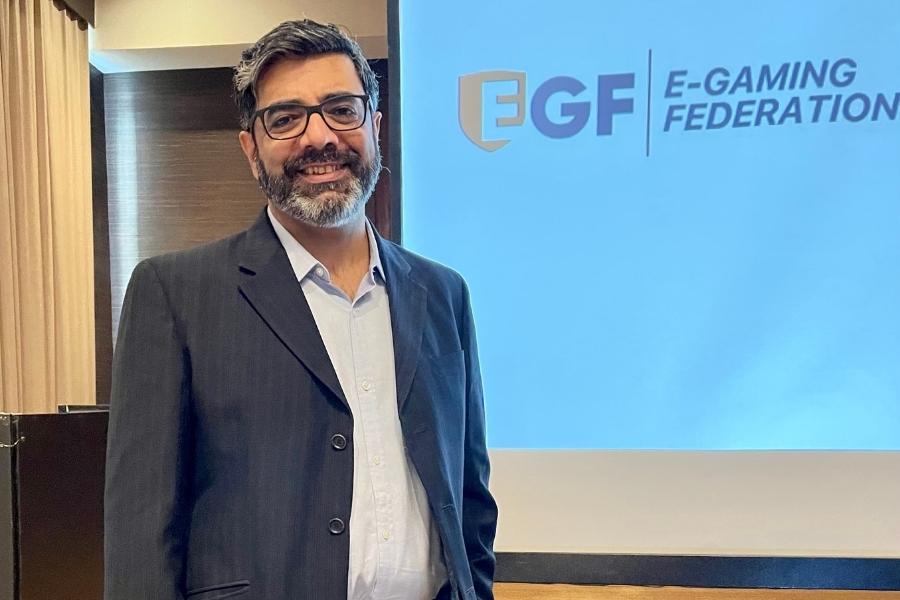
Central regulation for online gaming is the need of the hour: Sameer Barde, CEO, E-gaming Federation
In an exclusive conversation with Storyboard18, Sameer Barde, CEO E-Gaming Federation talks about their ongoing conversations with the central and state governments around regulations in the space, the futility of banning gaming, and the immense revenue potential for both operators and the government
 In an exclusive chat with Storyboard18, Sameer Barde, CEO E-Gaming Federation talks about the futility of banning gaming in the country.
In an exclusive chat with Storyboard18, Sameer Barde, CEO E-Gaming Federation talks about the futility of banning gaming in the country.
In 2020, an online gaming racket was busted in Hyderabad, where a Chinese national was arrested for siphoning money from online gamers. Cut to 2022, multiple such fraud cases are being unearthed in various parts of the country. Is banning online gaming the only solution? No. It should perhaps be regulated, says Sameer Barde, CEO E-Gaming Federation.
In an exclusive chat with Storyboard18, Sameer Barde, CEO E-Gaming Federation talks about the futility of banning gaming in the country.
“The question of the ban comes in to protect players, but when we implement bans, we make way for fly by night operators to cheat the same players who find ways of playing online games if they have to. The solution is having a central regulation in place that safeguards not just the players but the operators’ interest too,” Barde says.
The E-Gaming Federation is in talks with central and state governments about regulations in the space that ensures player safety and also the security of investors in the domain. Barde says even after the huge bump in traffic during the pandemic, gaming continues to have perception issues. But why? Is that going to change anytime soon? He answers that and more.
Edited excerpts.







